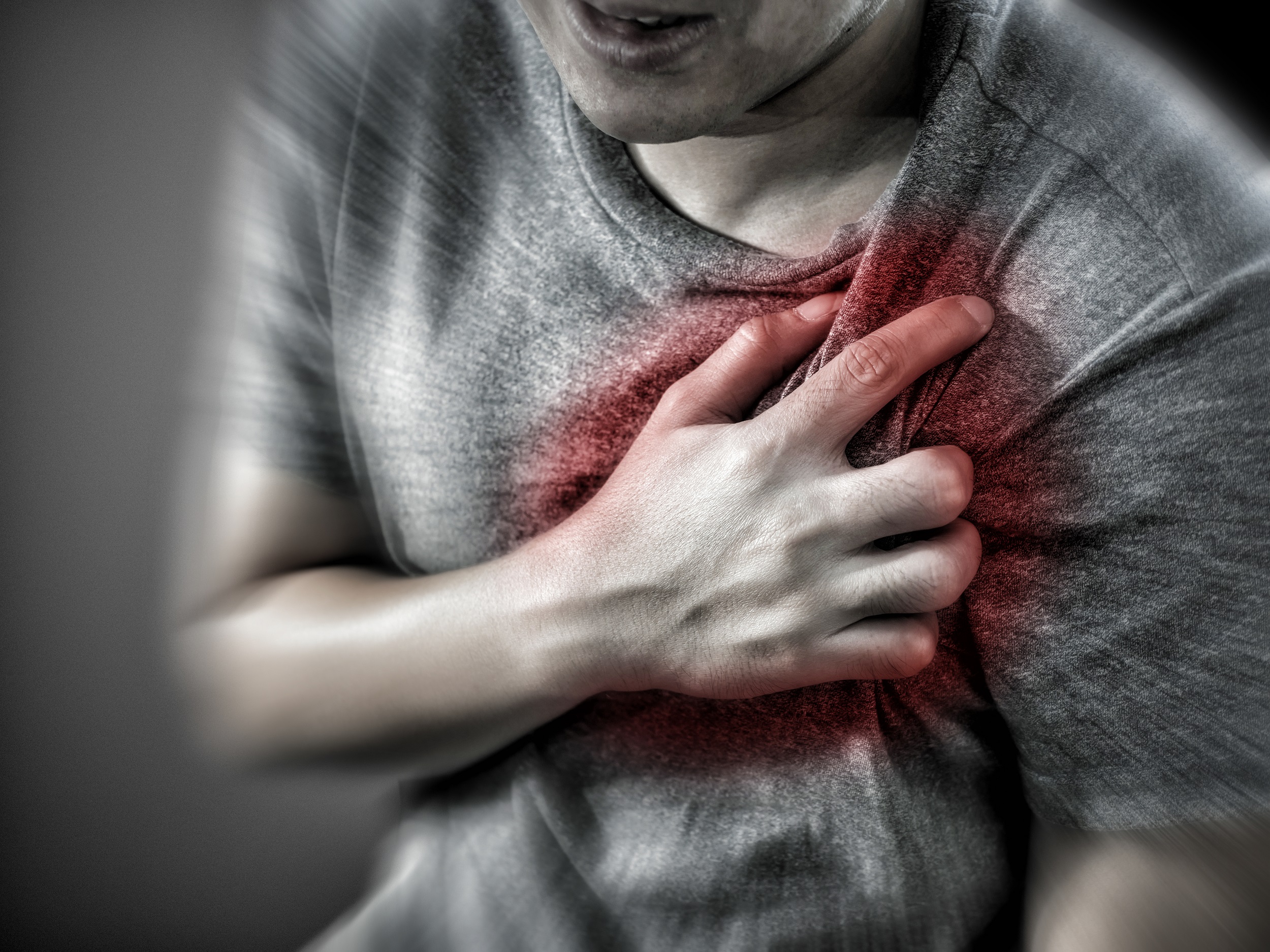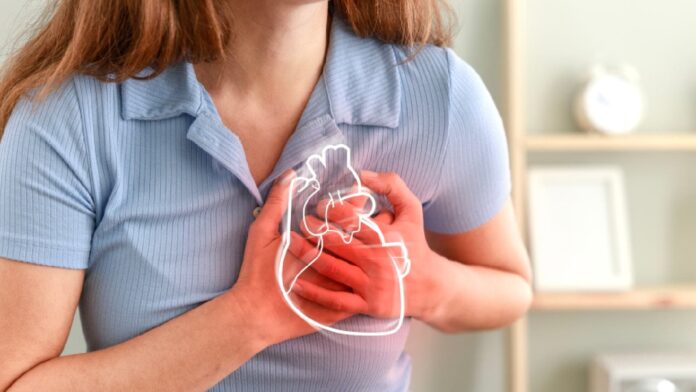What Is a Heart Attack?
A heart attack happens when something blocks the blood flow to your heart so it can’t get the oxygen it needs. It’s a medical emergency. Call 911 right away at the first sign of any symptoms.
A heart attack occurs when blood and oxygen supply to your heart is blocked, leading to the death of heart muscle tissue.
Heart attacks are also called myocardial infarctions (MIs). “Myo” means muscle, “cardial” refers to the heart, and “infarction” means tissue death due to a lack of blood supply. This damage can be permanent.
Heart Attack Symptoms
Symptoms of a heart attack include:
- Discomfort, pressure, tightness, or pain in your chest, arm, or below your breastbone
- Pain spreading to your back, jaw, throat, or arm
- Fullness, indigestion, or a choking feeling (like heartburn)
- Sweating, upset stomach, nausea, or dizziness
- Fatigue, anxiety, or shortness of breath
- Fast or irregular heartbeat (palpitations)
Women are more likely to have symptoms like:
- Unusual fatigue
- Nausea or vomiting
- Dizziness
- Indigestion-like discomfort
- Discomfort in the neck, shoulders, or upper back
- Trouble sleeping

In some cases, especially in people with diabetes, a silent heart attack may occur without noticeable symptoms.
What Does a Heart Attack Feel Like?
A heart attack often feels like a crushing chest pain, intense pressure, or a heavy weight on your chest. You may also feel weak, dizzy, or short of breath. Pain may radiate to the jaw, neck, back, or arms.
What Is a Silent Heart Attack?
A silent heart attack is one that occurs without the typical symptoms. You might not know it happened until much later through a test or scan. It’s more common in people with diabetes.
Facts About Heart Attacks
More than a million Americans experience heart attacks each year — that’s one every 40 seconds, says the CDC.
Types of Heart Attacks:
- STEMI: Full blockage of a coronary artery
- NSTEMI: Partial blockage, but still dangerous
- MINOCA: No significant blockage, but heart attack symptoms occur
Heart Attack vs. Cardiac Arrest
A is different. While a heart attack is a circulation problem, cardiac arrest is an electrical problem — the heart suddenly stops beating.
Heart Attack vs. Angina
Angina means chest pain but isn’t necessarily a heart attack. It can be stable (predictable and relieved by rest or meds) or unstable (sudden and dangerous — possibly signaling an upcoming heart attack). If angina lasts more than 5 minutes or doesn’t improve, call 911.
Heart Attack Causes
The heart muscle requires a constant supply of oxygen-rich blood, delivered through the Coronary artery disease narrows these arteries, restricting blood flow and potentially triggering a heart attack.
Also Read : Experts Reaffirm Safety of Fluoride in U.S. Water Amid Ban Debate



